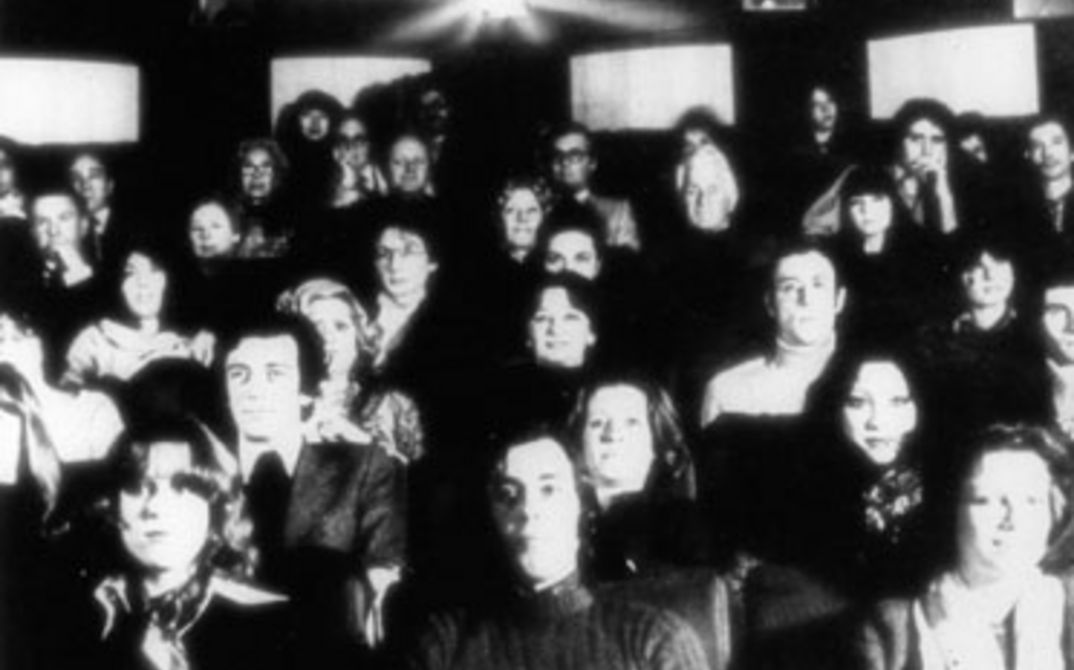
Using Cinema Against Cinema – The Films of Guy Debord
"It is society and not technology that has made cinema what it is. Cinema could have been a historical investigation, or theory, essay, memories. It could have been precisely the film I am making right now."
Guy Debord (1931–1994) – critic of "The Society of the Spectacle" (also the title of his famous book of 1967); founding member and head theorizer of the Situationist International, a 20th century avant-garde movement (1957–1972), which operated at the interface of art and politics – had an ambivalent relationship to cinema: on the one hand, it was to be destroyed, along with all the other forms of spectacle; on the other hand, Guy Debord made six films between 1952 and 1978 and considered himself, not least, as a filmmaker. His objection to cinema was a vote in favor of an unalienated life, which coupled a radical critique of societal conditions with a focus on cinema and the medium of film. The questioning of cinema against the background of the relationship to art and society, of artistic and political practice, is possibly rewarding not just in retrospect, but could also enrich current discourses – reason enough to regard Debord's films from today's perspective.


